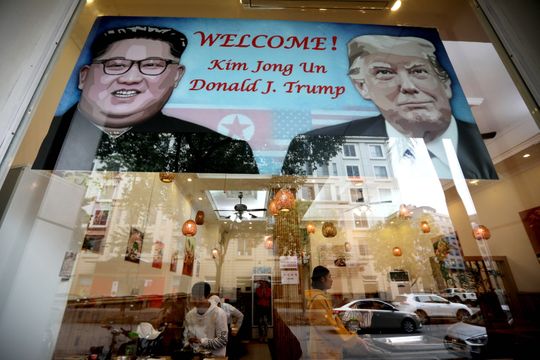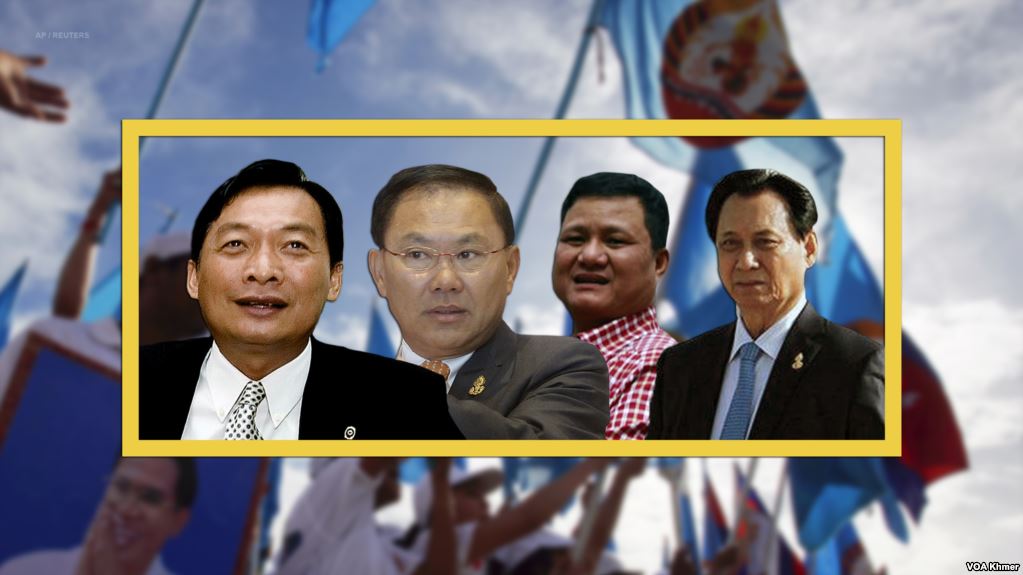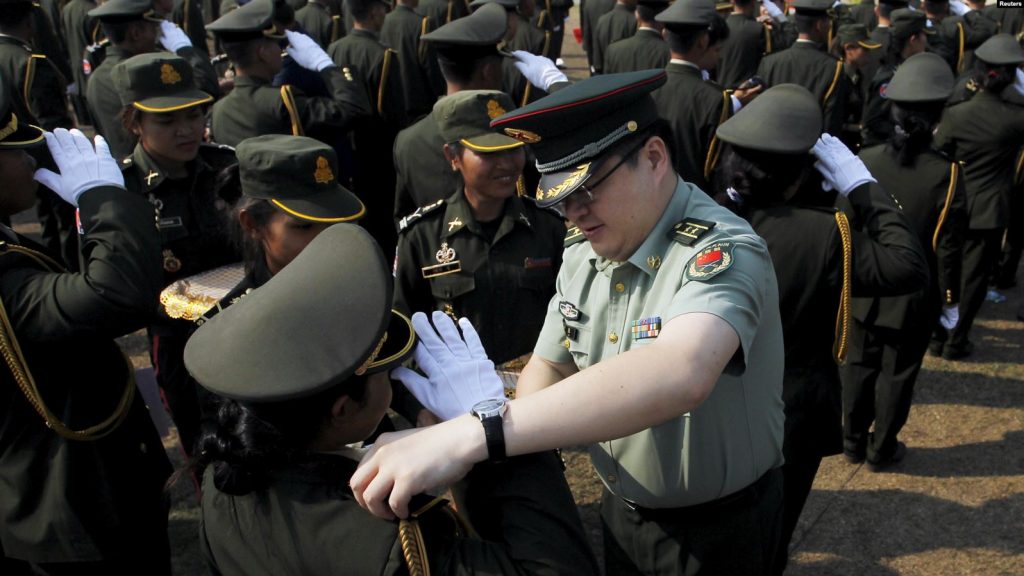PacNet #13 – How to avoid a horrible deal in Hanoi
Op-Ed: Pacific Forum
February 22, 2019
Ahead of a second summit next week with Kim Jong Un, President Trump declared that he is in “no rush whatsoever” on North Korean denuclearization. Anxiety is running high in Washington, and some observers viewed the comment as acceptance of a draconian, nuclear-armed dictatorship. The president might make everyone safer if he can manage his instinct to embrace the big, splashy deal with North Korea. Here’s a modest proposal to help.
If Trump’s latest pronouncement was intended to manage expectations, rather than to declare a significant policy change on the eve of negotiations, that could be a good thing. It’s not too late for the president to take a more dispassionate and realistic view of diplomacy.

A poster featuring the upcoming second summit between the US and North Korea is seen at a restaurant in Hanoi, Vietnam, on Feb. 23, 2019. (Photo11: Luong Thai Linh, EPA-EFE) . Courtesy: usatoday.com, the meeting will be held Feb. 27-28, 2019
Heading into Hanoi, arguably the biggest risk is that Trump will strike a terrible deal. Critics worry the president will offer new giveaways, like the surprising suspension of military exercises with South Korea that followed his first meeting with Kim. A dangerous outcome is more likely if Washington makes the upcoming negotiations about “all-or nothing” ultimatums – and corresponding, overly-generous concessions.
The long journey toward a fully-verified denuclearization can only begin with careful, measured steps, not unrealistic, near-term demands. As the International Crisis Group has suggested, unverifiable leaps of faith will play into the hands of administration hawks and likely frustrate any chance of a historic agreement.
There was nothing prudent about the first summit last June, a bizarre spectacle draped in flags and bunting and lacking in strategy or substance. Since Singapore, the president’s diplomacy has been unfocused and inept, reflecting internal divisions between the commander-in-chief and his advisers. Yet, as prospects solidified for another leaders’ meeting, the mood has grown more serious and, dare we say, conducive to progress.
Kim’s annual New Year’s speech pledged not to produce, test, use or proliferate nuclear weapons. He finally named a special envoy to meet US counterpart Steve Biegun. After consulting with leading North Korea and nonproliferation experts, the veteran national security official recently delivered a detailed and forward-leaning diplomatic vision at Stanford University.
Before traveling to Pyongyang this month for negotiations, Biegun shared the significant tidbit that Kim committed to destroy North Korea’s nuclear fuel-making facilities for unspecified corresponding measures. North Korea watchers think the leadership may be willing to verifiably destroy some or all of the Yongbyon facility known to make the country’s atomic bomb fuel. While not addressing suspected, covert uranium enrichment sites, a decision to put Pyongyang’s only known source of plutonium production on the table would be significant.
At the upcoming summit, the United States should also seek confirmation that North Korea is ready to end nuclear and missile tests, destroy related facilities, and halt its production of all types of bomb fuel. Kim will want something in return. He is thought to be seeking a new relationship marked by the removal of sanctions and a peace treaty formally ending the Korean War. The US should be prepared to take limited but meaningful actions to build trust. As Biegun put it, “change the trajectory of their policies by changing the trajectory of our own.”
US measures could include agreeing to a working group to arrive at an end-of-war declaration, announcing plans to launch a US liaison office in Pyongyang, and supporting the re-opening of the Kaesong Industrial Complex, an inter-Korean venture north of the demilitarized zone. Such steps should be supplemented by greater people-to-people and cultural exchanges, which Americans have supported for generations with past adversaries, and carefully monitored humanitarian assistance to the long-suffering North Korean people. These kinds of calibrated moves reflect the reality that the countries have not been in a shooting war since 1953, allow for a circumscribed diplomatic channel to probe intentions and communicate better, and acknowledge a South Korean ally – whose own reconciliation with Pyongyang has been proceeding more swiftly – without materially weakening US-led international sanctions or harming military alliances with Seoul and Tokyo. They present tantalizing hints of a new beginning for North Korea, while preserving US leverage for what promises to be a protracted negotiation.
Continue reading


